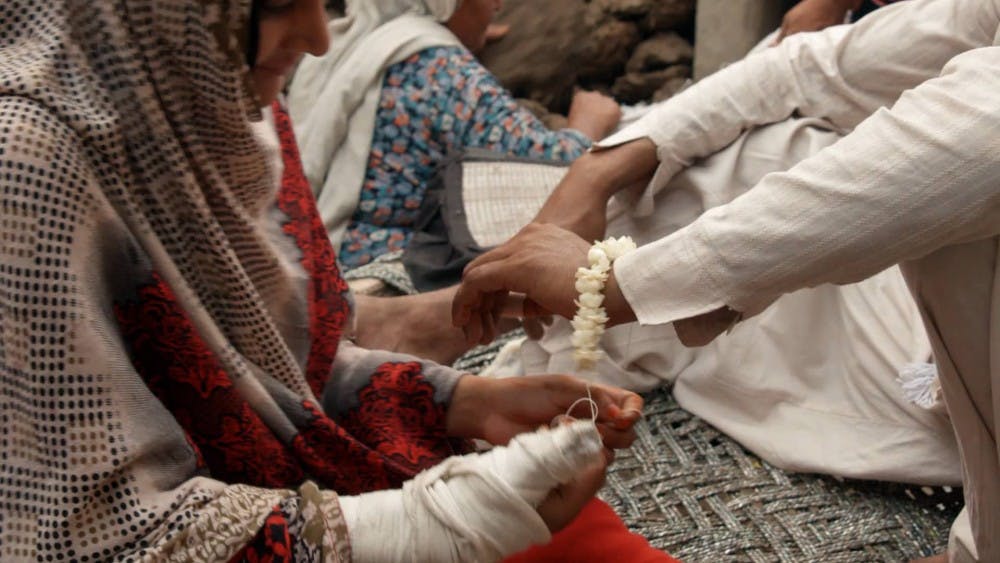At the 88th Academy Awards last month, the Oscar for Best Documentary Short was awarded to “A Girl in the River: the Price of Forgivenes.”
The film chronicles the intense struggle of Saba, a Pakistani woman who, after being shot in the face by her father and uncle, was ordered to make legal reconciliations with her would-be murderers.
For Pakistan, most notably its female inhabitants, the social ramifications of such a powerful film are palpable.
The controversy surrounding honor killings of young women in Pakistan has been effectively stoked by the efforts of documentarian Sharmeen Obaid-Chinoy and her team - including co-producer and Pakistani native Haya Fatima Iqbal.
“I am from Pakistan. I have worked, I have studied [here]; I am very, very Pakistani,” Iqbal said.
As a woman living in Palkstan, the film and its subjects were a very personal matter, she said.
“As a child, I think my parents really made the effort to sort of [show] us different parts of the world,” Iqbal said. “My first trip to the U.S. was definitely in 2007, when I was 19; I was actually a part of a cultural exchange program, a summer exchange program that lasted six weeks, and I actually ended up going to Vermont. So in Vermont, obviously, I got a really unique kind of an American experience that you probably just can’t find in any other [U.S. state].”
Between 2010 and 2012, Iqbal said that she returned to the States in order to attend the NYU School of Journalism, in pursuit of a master’s degree in news and documentary as a Fulbright scholar.
She appreciates the immense culture shift that occurs for most people when they finally see New York City for themselves, she said. The city proved to be a challenging, nuanced foreground on a documentarian journey that would change her perspective forever.
“It makes you a little more ready for what we now call the ‘real world’, obviously, but I think also, in New York, because there’s so much diversity, and so many layers to the society; multiple groups in terms of faith, sex, religion, ethnicities, languages, levels of poverty, let’s say; all of these issues exist [in New York], so you really start to see the world in a more nuanced way,” Iqbal said.
She said her time spent in New York City contributed immeasurably to her journalistic capacities.
“You really will have to adopt different ways of looking at things to understand problems to a better extent,” Iqbal said. “You’re ready to A) face challenges [and] B) ready to just physically understand people’s issues.”
Get content from The Daily Lobo delivered to your inbox
She said that documentary filmmaking is never easy.
“All of that ‘heavy lifting,’” she said, “it actually begins prior to going into the field; it requires a lot of research, a lot of making phone calls, the same stuff you’re doing right now; you basically talk to multiple people, you try gauge what the climate is like on the field, what kind of stances people [already] have on a very basic level; then you go into the field.”
Johnny Vizcaino is a staff reporter at the Daily Lobo. Contact him at news@dailylobo.com or on Twitter @thedailyjohnnyv






